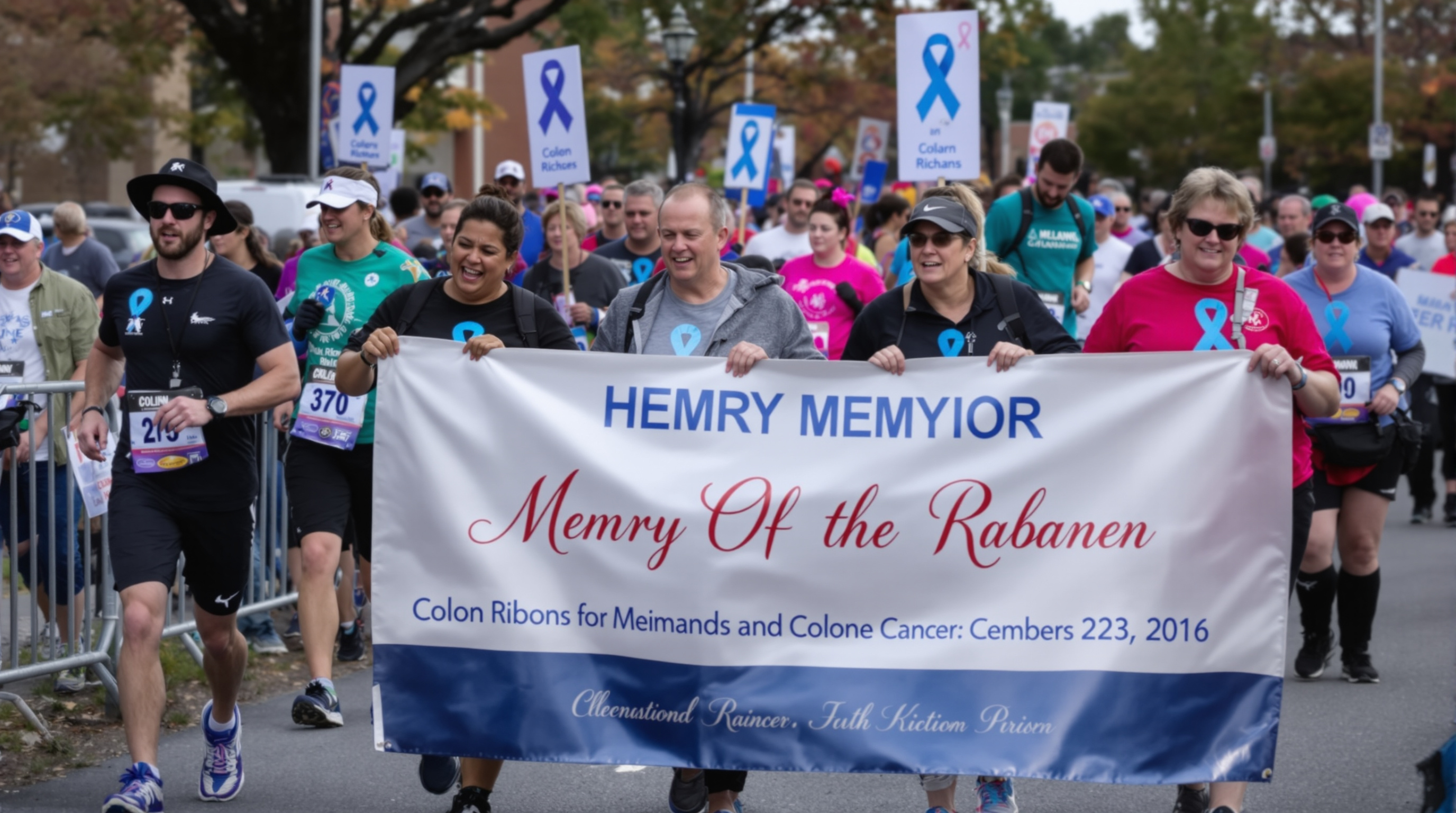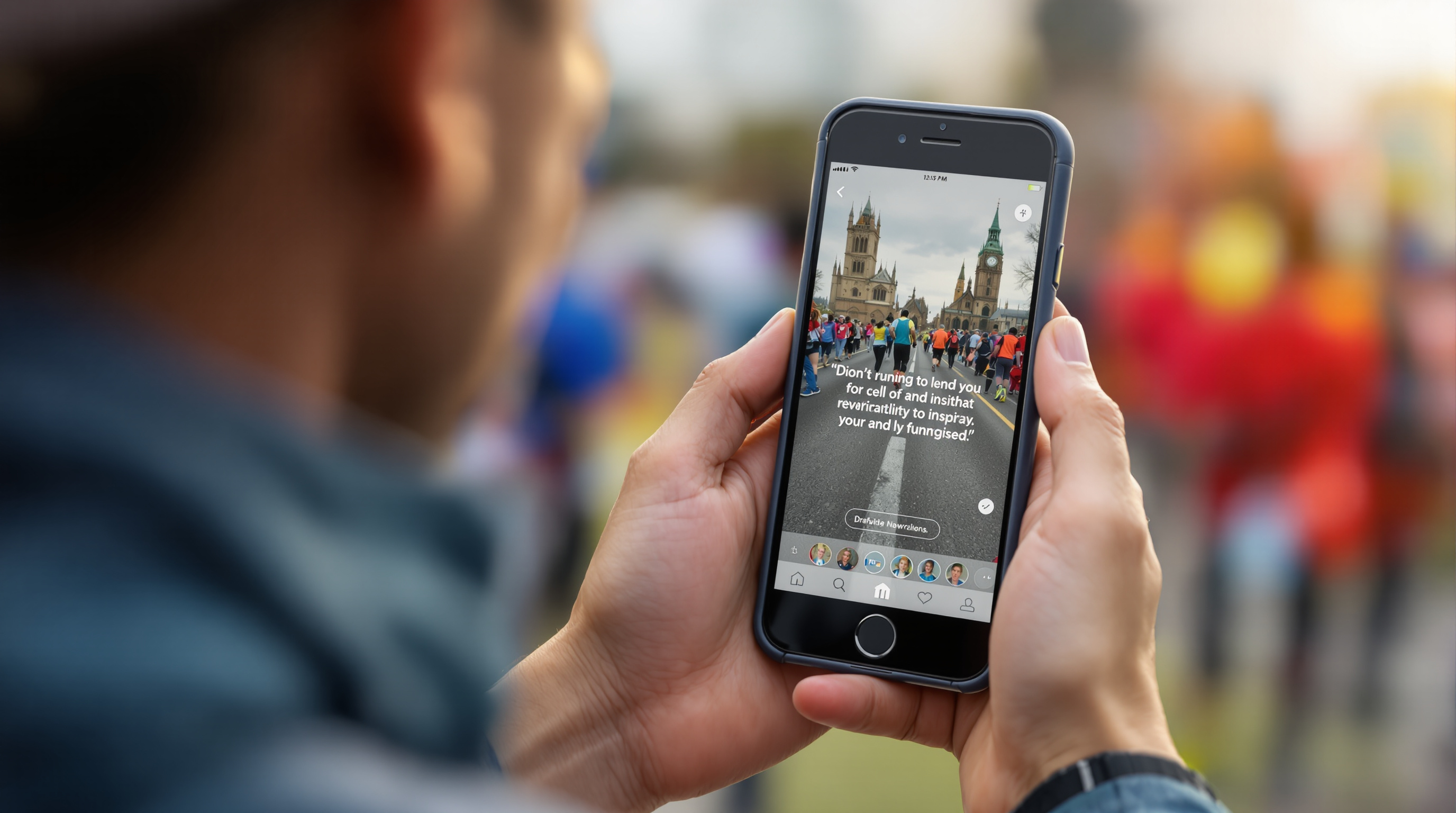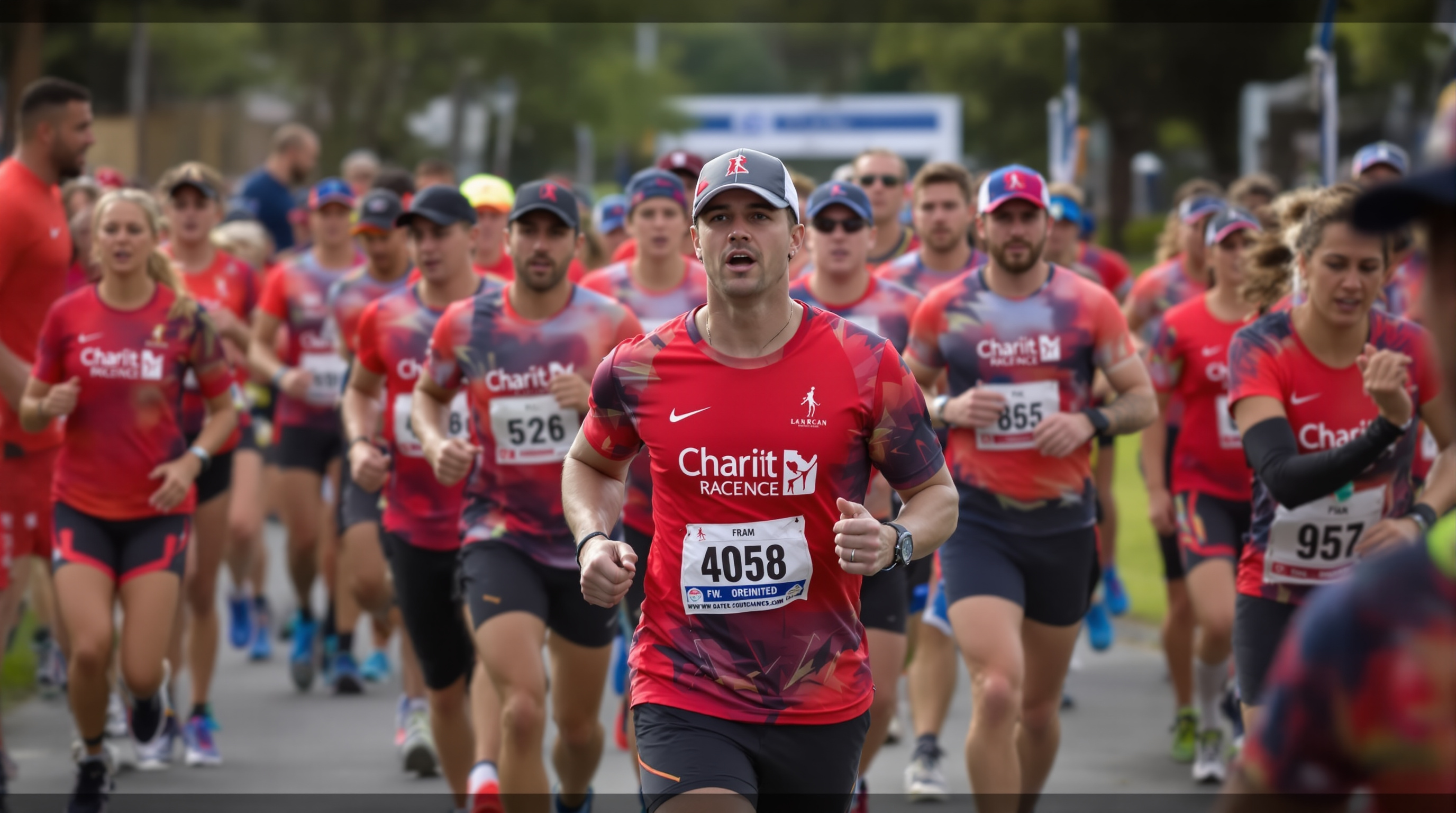Charity running represents the powerful combination of personal fitness goals and philanthropy. The annual charity half marathon's legacy of supporting colon cancer awareness exemplifies charity running at its best—thousands of participants over the years contributed to research, screening programs, and support services while pursuing their own running goals. Today, charity running continues to make meaningful impact across countless causes, adding deeper purpose to every mile.
A Model for Charity Running Excellence
The charitable initiative associated with the annual half marathon demonstrates the transformative power of community coming together through running. This program turned compassion into a force for prevention and awareness, creating lasting impact in the fight against colon cancer.
For over a decade, the annual charity half marathon raised substantial funds for colon cancer screening programs, research, and education. Thousands of participants ran with purpose beyond personal achievement, knowing that every mile contributed to saving lives through early detection and prevention.
The initiative funded screening programs that made colonoscopies accessible to those who couldn't afford them, supported research into prevention and treatment, and raised awareness about the importance of screening beginning at age 45. This model shows how a community race can create lasting impact on public health.
Learn more: Colorectal Cancer Alliance | American Cancer Society



